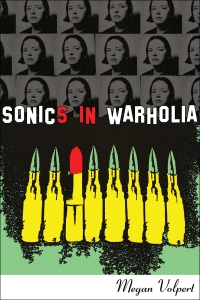
The collection consists of eight long poems that play on musicality and surrealism, engaging readers in a back-and-forth, push-and-pull of ideas, much like Warhol himself, who remained cryptic about his process and his influences. In many ways, Volpert’s work resembles that cryptic nature.
From “Portrait of a Mix Tape” (pages 7-12), “. . . Thus, Andy, please/enjoy your 58 years boiled down to fifty-seven minutes and fifty-/one seconds.//” the poem is homage to Andy through lyrics in popular music appearing from the time of his birth to beyond the time of his death to illustrate the influence he had on the narrator and the world, especially the world of pop culture. In many of the poems, the narrator speaks directly to the ghost of Andy Warhol, but on some occasions readers will be left adrift if they are not as familiar with Warhol or the other images and pop culture events discussed.
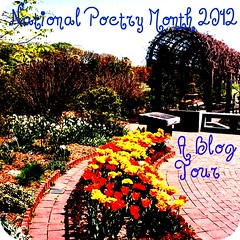
Sonics in Warholia by Megan Volpert has moments of sheer insanity and surrealism that many readers will either detest or love, and while the form is experimental, it does have poetic qualities of allusion, narration, and imagery that draw out themes and comparisons between all art forms and the often “hidden” quality that they all share — that which makes the affectations of that talent either succeed or fail in the eyes of the public.
Please check out other reviews from the Indie Lit Awards Panelists:
Necromancy Never Pays and her interview with Megan Volpert.

Poet Megan Volpert
About the Poet:
Megan Volpert is a poet and critic from Chicago who has settled in Atlanta with her wife, Mindy. Volpert holds an MFA in Creative Writing from Louisiana State University and is a high school English teacher.
Sonics in Warholia is her fourth collection of poems (Little Rock: Sibling Rivalry Press, 2011). The other three are The Desense of Nonfense and Face Blindness (Buffalo: BlazeVOX Books, 2009 & 2007), and Domestic Transmission (San Antonio: MetroMania Press, 2007). She is currently editing This assignment is so gay: LGBTIQ Poets on the Art of Teaching (Little Rock: Singling Rivalry Press, 2013).
***Today’s National Poetry Month Blog Tour stop is at The Indextrious Reader.***
This is the 7th book for my 2012 Fearless Poetry Exploration Reading Challenge.
This is my 25th book for the 2012 New Authors Challenge.




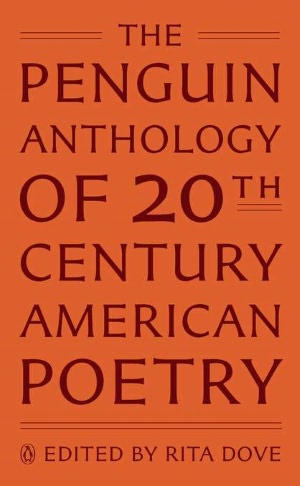
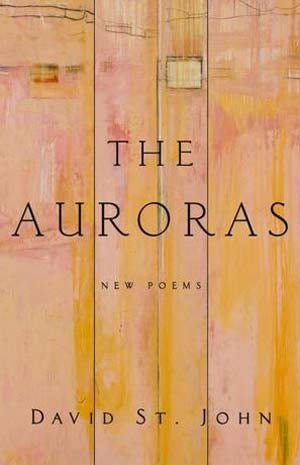
 About the Poet:
About the Poet: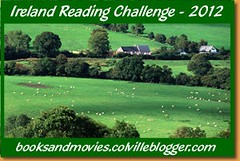


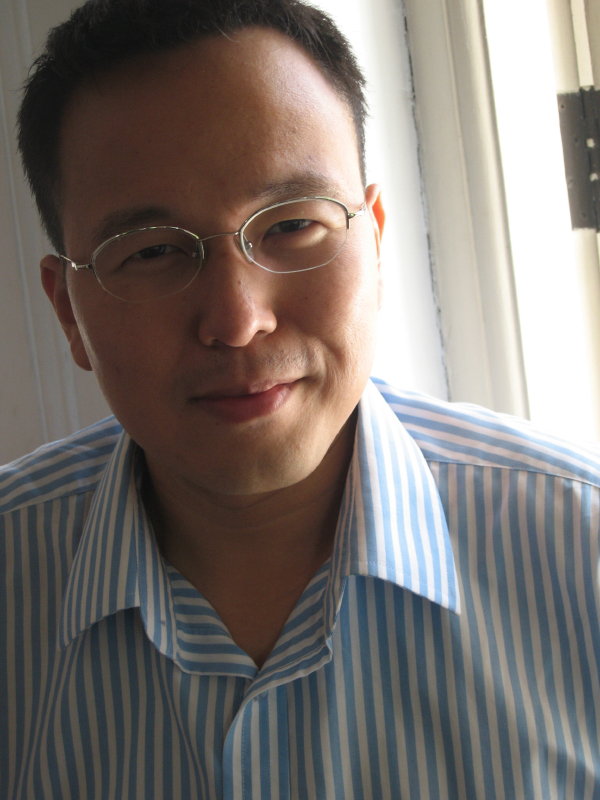 About the Author:
About the Author: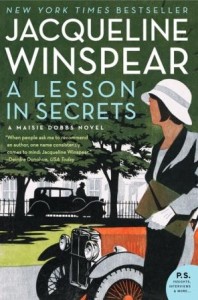

 About the Author:
About the Author:



